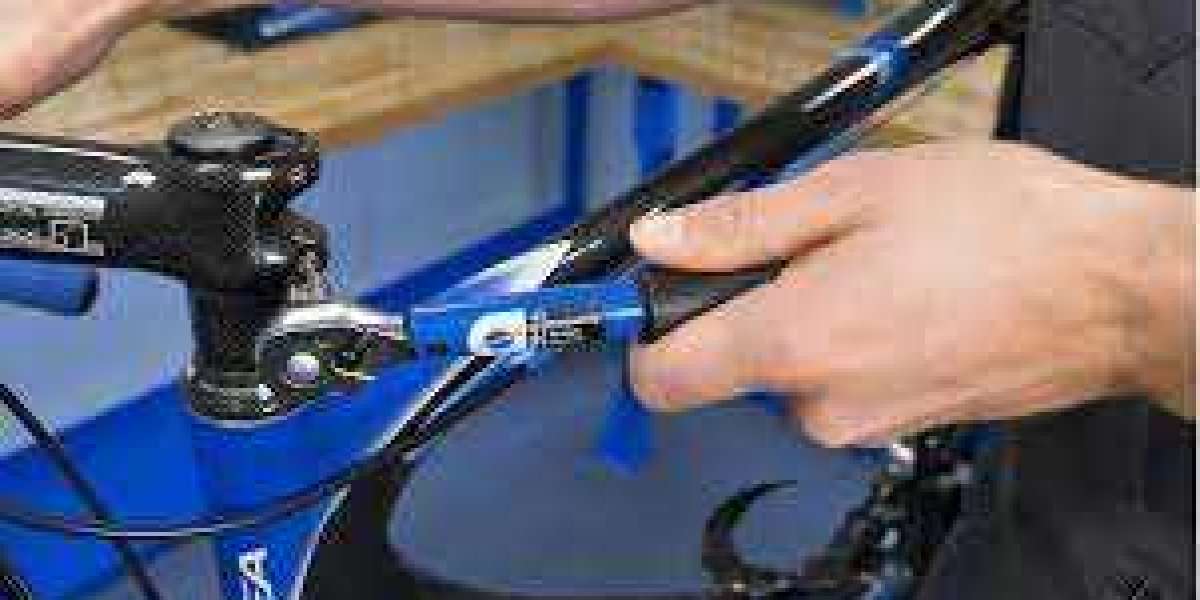Understanding Torque Wrenches:
Before delving into the selection process, it's essential to understand what torque wrenches are and how they work. Torque wrenches are precision tools used to apply a specific amount of torque or rotational force to fasteners such as bolts, nuts, and screws. They feature a calibrated scale or digital display that indicates the amount of torque being applied, allowing users to tighten or loosen fasteners to precise specifications.
Types of Torque Wrenches:
There are several types of torque wrenches available, each designed for specific applications and torque ranges:
Click-Type Torque Wrench:
Click-type torque wrenches are among the most common and versatile types. They emit an audible click when the preset torque value is reached, alerting the user to stop tightening. These wrenches are suitable for general-purpose applications and are available in various torque ranges.
Beam-Type Torque Wrench:
Beam-type torque wrenches feature a simple design with a calibrated scale and a pointer that indicates the amount of torque applied. They are durable and easy to use but may not offer the same level of precision as click-type wrenches.
Digital Torque Wrench:
Digital torque wrenches feature a digital display that provides real-time torque readings in digital format. They offer precise torque measurement and may include additional features such as data logging and programmable settings. Digital torque wrenches are ideal for applications that require high accuracy and repeatability.
Micrometer Adjustable Torque Wrench:
Micrometer adjustable torque wrenches allow users to adjust the torque setting by turning a micrometer dial. They offer precise torque adjustment and are commonly used in automotive and mechanical applications where accuracy is critical.
Factors to Consider When Choosing a Torque Wrench:
When selecting a torque wrench for your project, several factors should be considered:
Torque Range:
Consider the torque range required for your specific application. Choose a torque wrench with a range that encompasses the torque values specified for your fasteners.
Accuracy:
Accuracy is paramount when working with torque-sensitive applications. Look for torque wrenches with high accuracy ratings, typically expressed as a percentage of the indicated torque value.
Durability:
Choose a torque wrench made from durable materials such as steel or aluminum to withstand the rigors of regular use. Consider factors such as construction quality, handle design, and overall robustness.
Ease of Use:
Opt for a torque wrench that is easy to use and ergonomic, with features such as a comfortable grip and intuitive operation. Consider factors such as size, weight, and ease of adjustment.
Calibration:
Ensure that the torque wrench is calibrated regularly to maintain accuracy. Choose wrenches that come with calibration certificates or can be calibrated easily by a certified technician.
Budget:
Consider your budget constraints when choosing a torque wrench. While high-quality torque wrenches may come at a higher price, investing in a reliable tool can save you time and money in the long run by preventing errors and rework.
Choosing the Right Torque Wrench for Specific Applications:
Different applications may require specific types of torque wrenches tailored to their unique requirements:
Automotive Maintenance and Repair:
For automotive applications, consider a click-type torque wrench with a torque range suitable for automotive fasteners. Look for wrenches with features such as a reversible ratchet head and a durable construction to withstand the demands of automotive work.
Aerospace and Aviation:
Aerospace and aviation applications require precision torque control to ensure the safety and reliability of critical components. Choose a digital torque wrench with high accuracy and programmable settings for precise torque measurement in aerospace applications.
Construction and Engineering:
In construction and engineering applications, torque wrenches are used to tighten structural bolts and fasteners to specific torque values. Consider a beam-type torque wrench with a wide torque range and a durable construction for heavy-duty applications.
Final Thoughts:
Choosing the right torque wrench for your project is essential for achieving accurate and consistent torque applications. Consider factors such as torque range, accuracy, durability, ease of use, calibration, and budget when selecting a torque wrench. Tailor your choice to the specific requirements of your application, whether it's automotive maintenance, aerospace engineering, construction, or general-purpose use. With the right torque wrench in hand, you can ensure precise torque control and reliable fastening in your projects.







